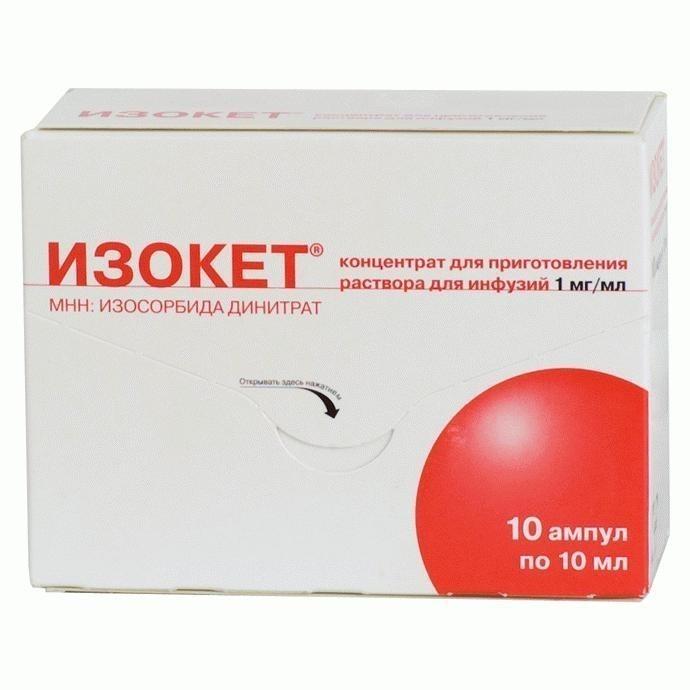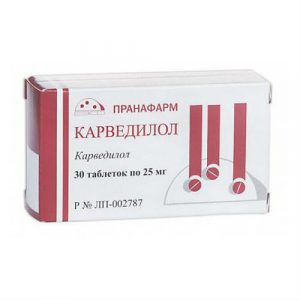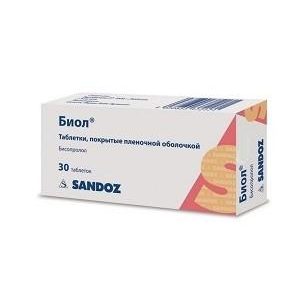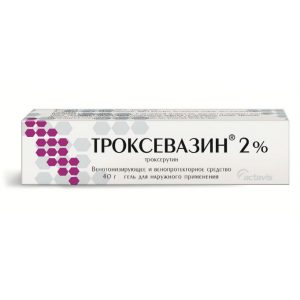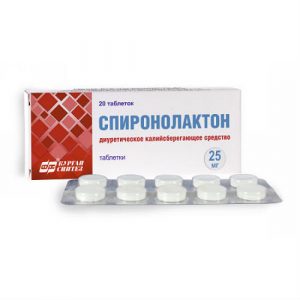Description
Release form
Concentrate for solution for infusion.
Packing
10 pcs.
Pharmacological action
Isoket is a peripheral vasodilator with a primary effect on venous vessels. The mechanism of action is associated with the release of the active substance of nitric oxide in the smooth muscles of the vessels. Nitric oxide causes activation of guanylate cyclase and increases the level of cGMP, which leads to relaxation of smooth muscles. Under the influence of isosorbide dinitrate, arterioles and precapillary sphincters relax to a lesser extent than large arteries and veins. This is partly due to reflex reactions, as well as less intense formation of nitric oxide from the molecules of the active substance in the walls of arterioles.
The action of Isoket is mainly associated with a decrease in myocardial oxygen demand due to a decrease in preload (expansion of peripheral veins and a decrease in blood flow to the right atrium) and afterload (decrease in OPS), as well as with a direct coronary expansion. Isoket promotes the redistribution of coronary blood flow in an area with reduced blood supply, reduces pressure in the pulmonary circulation. With heart failure, it helps unload the myocardium by reducing preload.
Indications
acute myocardial infarction with left ventricular failure
acute left ventricular failure
heart failure of various etiologies
unstable angina pectoris.
Contraindications
acute vascular insufficiency (shock, vascular collapse)
severe arterial hypotension (systolic blood pressure below 90 mm Hg, diastolic blood pressure below 60 mm Hg )
hypertrophic obstructive cardiomyopathy
constrictive pericarditis
cardiac tamponade
cardiogenic shock (if correction of the final diastolic pressure of the left ventricle is impossible with the help of intra-aortic counterpulsation or drugs with positive inotropic effects)
hypoxemia can occur in the zone)
ischemic heart disease (because redistribution of blood flow can lead to transient myocardial ischemia) srdl kp toxic pulmonary edema
conditions accompanied by increased intracranial pressure (including hemorrhagic stroke, traumatic brain injury)
hypersensitivity to nitrate compounds.
Caution is advised to use the drug in acute myocardial infarction with reduced filling pressure of the left ventricle (this requires medical supervision).
Caution is advised to use the drug and avoid lowering systolic blood pressure below 90 mm Hg. with aortic and / or mitral stenosis, a tendency to orthostatic reactions, diseases that are accompanied by an increase in intracranial pressure.
Use during pregnancy and lactation
During pregnancy and lactation, the drug should be used with extreme caution, only in situations where the expected benefit to the mother significantly exceeds the possible risk to the fetus or child.
Special instructions
When using Izoket, the cardiovascular system should be monitored: blood pressure monitoring (systolic blood pressure not lower than 100 mmHg), ECG monitoring, heart rate, urinary volume (urinary catheterization).
Since the 0.1% Isoket solution is a supersaturated solution, crystallization of the substance may occur. Despite the fact that under normal conditions this does not affect the activity of the drug, it is not recommended to use the solution in case of crystallization.
Composition of
1 ampoule contains isosorbide dinitrate 10 mg.
Dosage and administration
The dose of Isoket should be selected individually. Treatment should begin with low doses, gradually increasing to the necessary.
The initial dose is 2-7 mg / h. In some cases, the dose can be increased to 10 mg / h.
For patients with heart failure, as a rule, higher doses are required – in some cases up to 50 mg / h. The average dose is 7.5 mg / h.
The solution is administered as an intravenous infusion using automatic infusion systems in a hospital setting under constant monitoring of the cardiovascular system. Depending on the type and severity of the disease, in addition to the usual examination (symptoms, control of blood pressure, heart rate, diuresis), invasive procedures are performed to determine hemodynamic parameters.
The solution concentrate is sterile, does not contain preservatives. A 0.1% solution should be opened under aseptic conditions immediately before use.
Side effects of the
From the cardiovascular system: at first use or with an increase in the dose of the drug, a decrease in blood pressure and / or orthostatic hypotension is possible, which may be accompanied by a reflex increase in heart rate, lethargy, as well as dizziness and a feeling of weakness. At the beginning of treatment, a headache (nitrate headache) may appear, which usually disappears after a few days with further use of the drug. In rare cases, with a pronounced decrease in blood pressure, an increase in angina symptoms may be observed.
In isolated cases, collaptoid states are observed, sometimes with bradycardia and syncope (attacks with impaired consciousness, dizziness, associated with cerebrovascular accident as a result of cardiac arrhythmias, primarily due to its significant reduction).
From the digestive system: rarely – nausea, vomiting.
Other: redness of the skin, allergic skin reactions in some cases – exfoliative dermatitis.
Drug interaction
With the simultaneous use of Isoket with other vasodilators (vasodilators), antihypertensive drugs, beta-blockers, calcium channel blockers, type 5 phosphodiesterase inhibitors used for the treatment of erectile dysfunction, such as antileptileptic infections, for example it is also possible to increase the hypotensive effect of
with ethanol. With the simultaneous use of Isoket with dihydroergotamine, an increase in dihydroergotamine concentration of blood, which leads to increased its hypotensive action.
Storage conditions
At a temperature not exceeding 25 ° C
Deystvuyuschee substances
isosorbide dinitrate
Form of Treatment
simply entails dlya infusing
